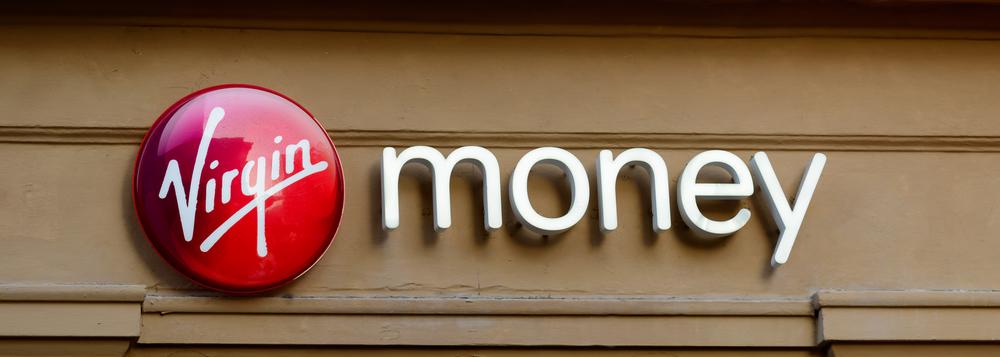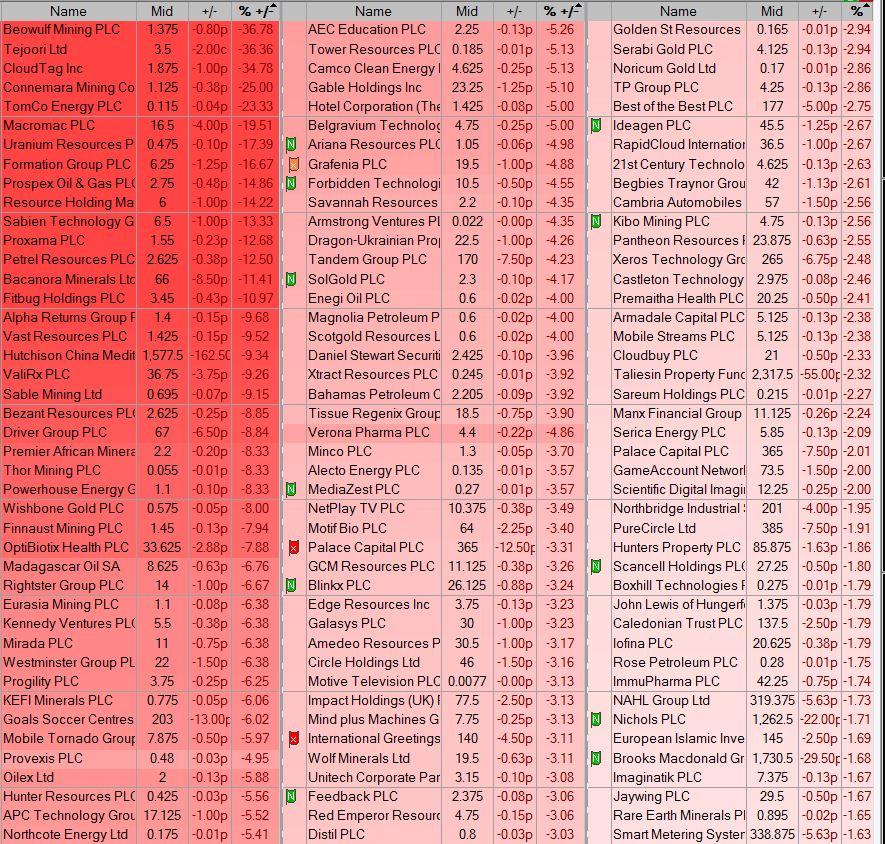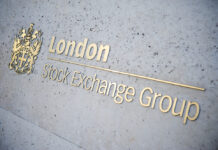Virgin Money UK PLC (LON: VMUK) have seen their shares rally on Thursday, despite the firm deciding to scrap its dividend.
Virgin Money is a financial services brand used by three independent brand-licensees worldwide. Virgin Money branded services are currently available in Australia, South Africa and the United Kingdom, and were formerly available in the United States.
Last year, it was announced that CYBG (LON:CYBG) had agreed to takeover Virgin Money in a deal worth £1.7 billion.
Since the deal was formalized, Virgin Money has seen a turbulent trading period. Although the announcement today was less than impressive, shareholders seem optimistic.
Shares in Virgin Money rallied 21.75% to 174p. 28/11/19 11:45BST.
The firm reported a loss for the full year and suspending its dividend amid higher-than-expected PPI and restructuring costs.
In its first annual results, the firm made a pretax loss of £265 million after absorbing £804 million of exceptional costs.
These exceptional costs included a £433 million of “legacy conduct” costs and PPI payments.
The company put aside £385 million in the last quarter to cover PPI claims but received 340,000 “information requests” (the first stage in making a PPI claim) in August alone ahead of the final deadline.
Virgin Money said around 9% of PPI claims led to a payout, which does not boast progress for the firm.
Investors however, have seen optimistic on the firms growth in business and personal banking rather than its PPI claims and dividend announcement, which has caused shares to rally.
The bank’s dividend yield, at around 2%, is not one of the largest among listed UK banks, but income has been an important way to win back the trust of investors.
Alasdair Ronald of Brewin Dolphin (LON: BRW) said: “Virgin Money would have hoped for better news on its maiden results as one company. The bank has taken a significant hit from additional PPI provisions and the cost of the merger, while pressure on UK domestic earners continues to take its toll.”
However, he pointed out that the loss before tax is better than expected.
“The decline in Virgin Money’s net interest margin is disappointing, but not surprising against previous guidance,” Ronald added.
“There are undoubtedly further challenges ahead, with increasing competition from other challenger banks potentially eroding new business margins. However, the integration appears to be on track and significant costs savings should be achieved.”
CEO David Duffy said: In the first year of our newly combined business, we have delivered a good operating performance in challenging conditions and made great progress on the integration and rebrand to Virgin Money.”
“Our statutory result was significantly affected by additional PPI provisions, driven by the unprecedented surge in PPI information requests in August, along with anticipated Virgin Money acquisition-related costs”.
Duffy concluded “Our customer divisions have performed well – we have delivered a further c.£2bn in net lending to support UK SMEs and consumers, attracted c.£3bn in customer deposits, and made marked improvements to our customer experience. We achieved all the required approvals in 2019 to enable us to operate as one bank, with one brand, and are ready to deliver our strategy to disrupt the status quo with brilliant customer service and unique Virgin Money products. In December we are launching Virgin Money’s first digital personal current account and three new Virgin Money concept stores. A unique loyalty and rewards programme for customers featuring a number of Virgin Group companies will follow in 2020, along with the launch of our brand new Virgin Money business account”.
“Considering the uncertainty at the start of the year regarding the group’s new integration into Virgin Money, these results do suggest good momentum moving forward and sets a relatively solid foundation for growth,” The Share Centre’s investment research analyst Joe Healey said.
Virgin Money are not the only firm to be hit by slumping business and slow trading. Firms in the industry such as HSBC (LON: HSBA) and Lloyds (LON: LLOY) have struggled in the market.
Additionally, crisis continues to spark at Deutsche Bank (ETR: DBK) who reported a third quarter loss in their recent update.




